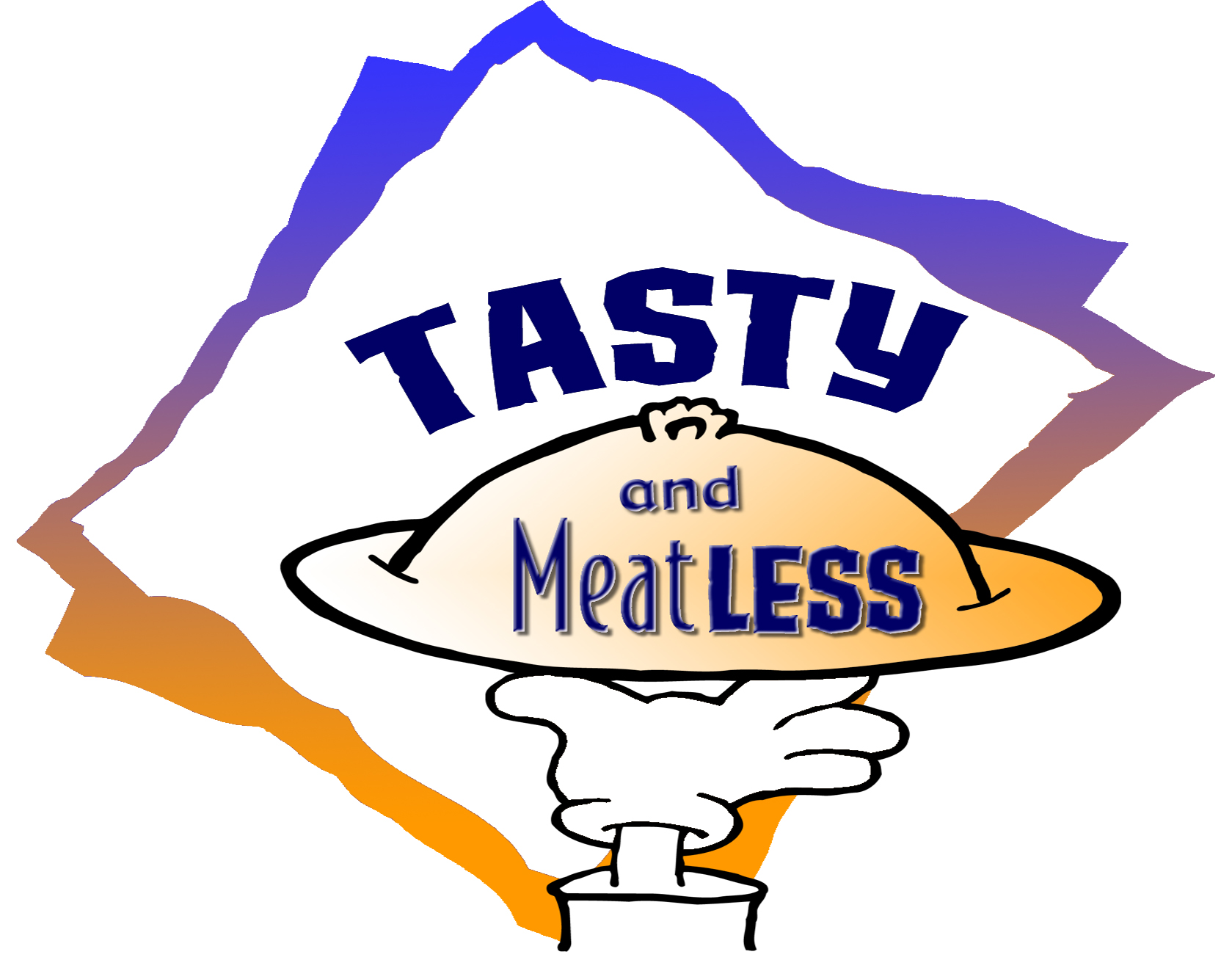 Everyone knows that we’re supposed to eat a lot of fruits and vegetables every day, but is it safe to eat a lot of produce that is not organic? Which ones are the worst and should be avoided? These are excellent questions and ones for which there are both clear answers and complex ones.
Everyone knows that we’re supposed to eat a lot of fruits and vegetables every day, but is it safe to eat a lot of produce that is not organic? Which ones are the worst and should be avoided? These are excellent questions and ones for which there are both clear answers and complex ones.
Eating plant foods is always a good idea
First, you definitely should eat your fruits and vegetables, without limits, as many as you can manage every day. On this there is no argument, conflict, or disagreement among dietitians, nutritional scientists, and other health professionals. The evidence of the value of consuming lots of fruits and vegetables is so overwhelming that many dietitians consider pesticide residues on produce a non-issue. As alarming as the idea of swallowing poison with every bite can be to many of us, we must remember that research studies that show the health benefits and protective qualities of fruits and vegetables were not restricted to the consumption of organic produce. In fact, considering the relative size of organic production worldwide, the people in the study likely consumed little, if any, organics. This is the good news. The rest is less clear.
Pesticides are known to disrupt the body
Dr. Andrew Weil, often called “ America’s doctor” in the media, believes that many difficult and vexing diseases will eventually be linked to environmental toxins like those found on and in produce. He asserts that pesticides “…can’t possibly be good for us. The only question is just how bad they are.” Ongoing scientific studies yield more questions than answers. Pesticide manufacturers issue statements like “there is no conclusive evidence of harm to humans” when discussing their products. This is not reassuring because the safety of these products has not been ascertained. What we do know is that scientists have determined that pesticides can have potentially destructive effects on the endocrine (hormone), immune, and nervous systems. The effects on young developing systems in children are cause for particular concern. However, there is still uncertainty about the precise mechanisms and nature of adverse effects.
Kids need to be protected
The highly respected Environmental Working Group (EWG), a non-profit advocacy group, believes that young children are most vulnerable to the dangers of pesticide exposure because safety standards do not account for the fact that children consume far more pesticides than adults relative to their size and body weight. Safety limits are based on the U.S. average food consumption and safe upper limits do not account for children’s high consumption of certain foods. For instance, as of 1999, children ages one to two consumed apple juice at a rate thirty times the national average. Apples are among the most contaminated products, and the EWG analysis of government records shows that everyday more than 50,000 children ages one through five get an unsafe dose of organophosphate insecticides in apple juice alone. Relative to body weight, children also eat much more of other highly contaminated foods than adults. These include grapes, raisins, applesauce, strawberries, pears, and peaches.
For more information on the Dirty Dozen, pesticide levels in other produce, government regulatory issues, and much more extensive information, visit EWG’s Shopper’s Guide to Pesticides in Produce.
The Dirty Dozen
Based on USDA figures from 2003 (the latest available) the EWG has named the top twelve most contaminated fruits and vegetables, calling them the Dirty Dozen. According to the EWG, people can lower their pesticide exposure by 90% by avoiding the Dirty Dozen. In other words, if you consume these products often, buy organic whenever possible, especially if you have young children. Always clean produce well, but keep in mind that washing will not significantly alter the pesticide content because the produce used to gather data is washed and prepared as if for consumption. Peeling can help, but much of the nutrient content resides in the peels and thus will be lost.
The Dirty Dozen 2013
(In order of MOST to LEAST contaminated):1. Apples
2. Celery
3. Tomatoes
4. Cucumbers
5. Grapes
6. Hot Peppers
7. Nectarines
8. Peaches
9. Potatoes
10. Spinach
11. Strawberries
12. Sweet bell peppers
Before you run away scared from the produce aisle in the grocery store, remember to read the first paragraph again. It is vital that you consume fruits and vegetables at every meal and that you feed them to your children. Just keep in mind the Dirty Dozen and do the best you can!
The Clean Fifteen
The EWG’s research shows that farmers use very small amounts of pesticides to grow these fruits and vegetables and eating their non-organic versions should be ok for the body. They are the Clean Fifteen:
Asparagus, Avocado, Cabbage, Cantaloupe, Sweet corn, Eggplant, Grapefruit, Kiwi, Mango, Mushrooms, Onions, Papaya, Pineapple, Sweet Peas (frozen), Sweet Potatoes


 Subscribe to our
Subscribe to our